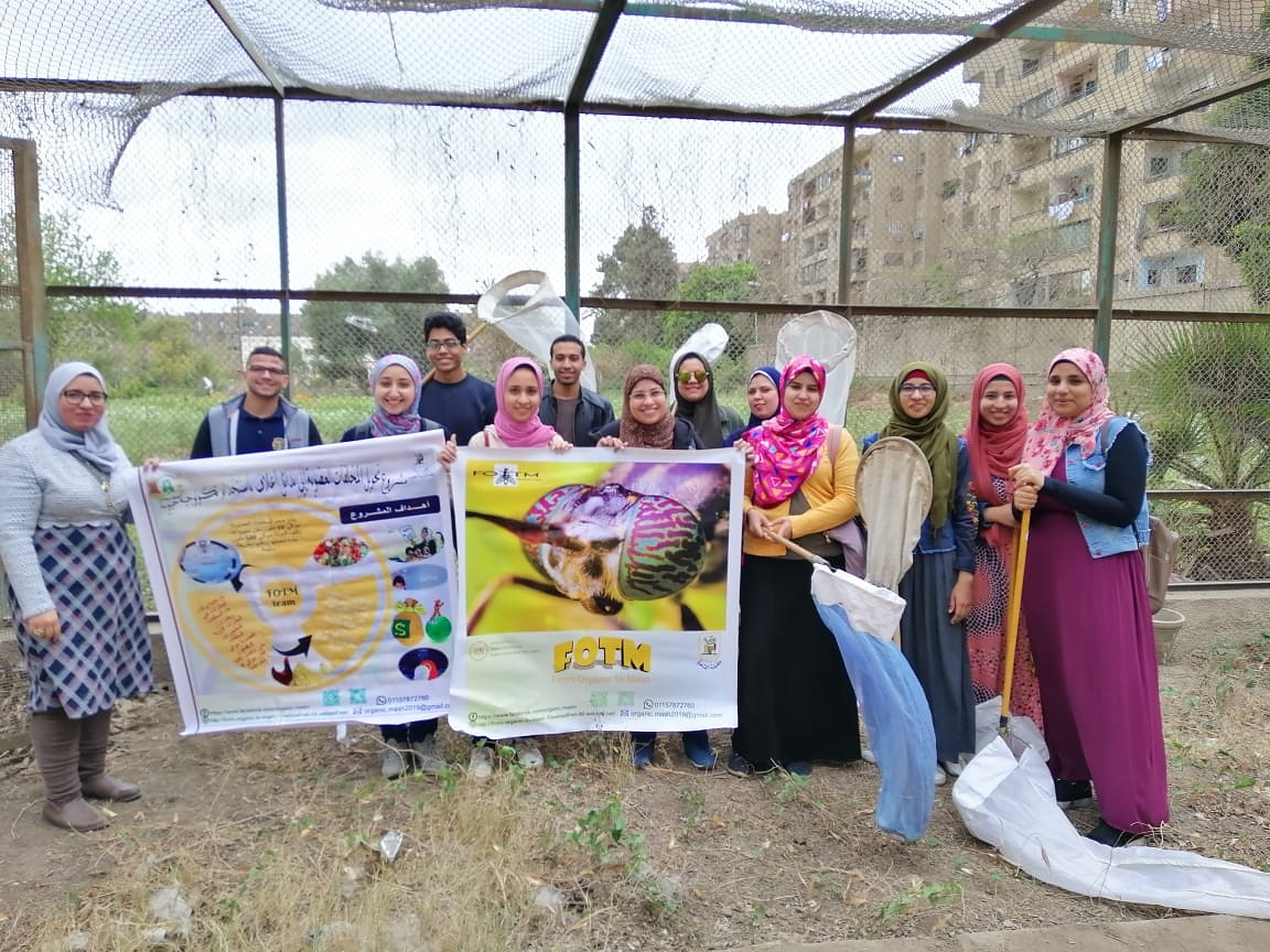As the world continues to increasingly face scientific risks, the bio-entrepreneurship industry has never been more crucial to help solve future crises. Such a phenomenon was recognized by American business magnate Steve Jobs, who once told his biographer Walter Isaacson that,“I think the biggest innovations of the 21st century will be at the intersection of biology and technology. A new era is beginning, just like the digital one.” In Egypt, three passion-driven and dedicated women, Hadeer Osama, Eman Alaaedin and Mai Youssef Mostafa, are the founders of startup “From Organic to Mash” (FOTM), which merges between the world of science and entrepreneurship. Unlike other businesses, biotech entrepreneurship is entirely academia-powered, and aims to solve scientific risks to preserve the environment, encounter diseases, and eliminate hunger. Organic waste amounts to around 53 million tons annually, and costs the state around 500 million pounds in collection and safe disposal. The project began by looking at the most serious problems Egypt faces, particularly population explosion and global warming, which requires an increase in food production by about 70% over current production – a significant pressure on plant and animal resources that humans use…
Meet the Inspiring Scientists Aiming to Solve Egypt’s Food Crisis Through Bio-Entrepreneurship
January 4, 2020



